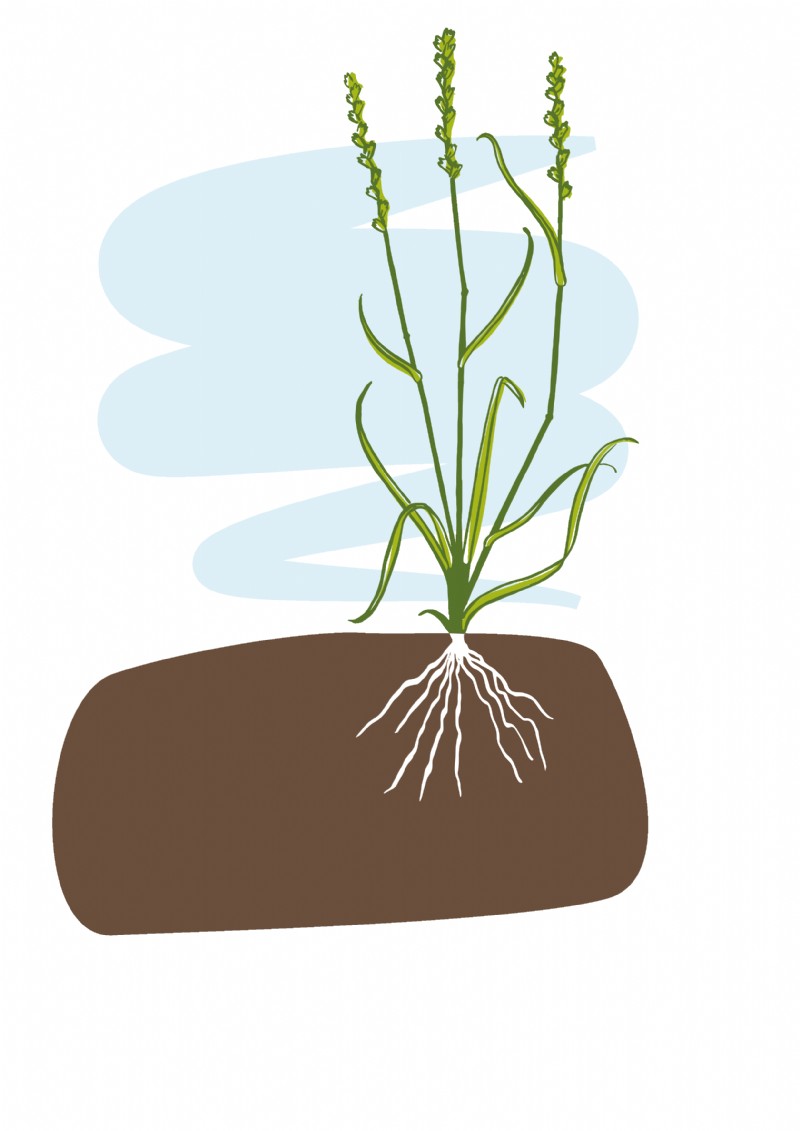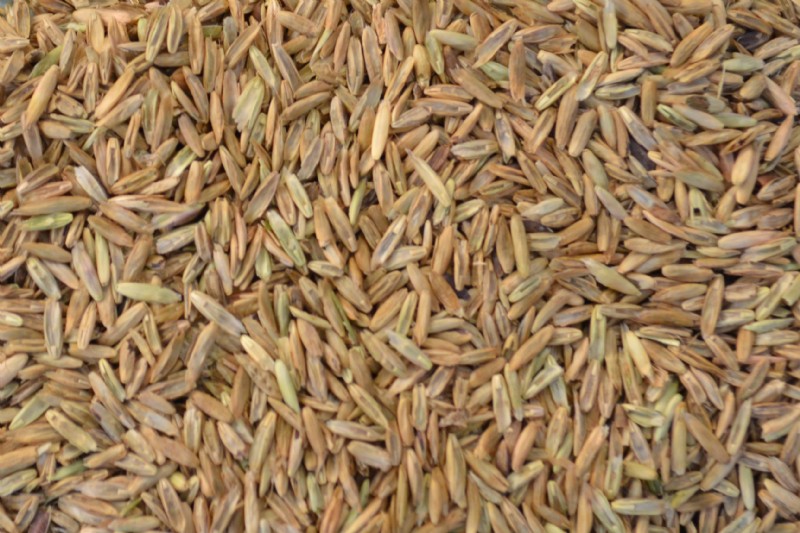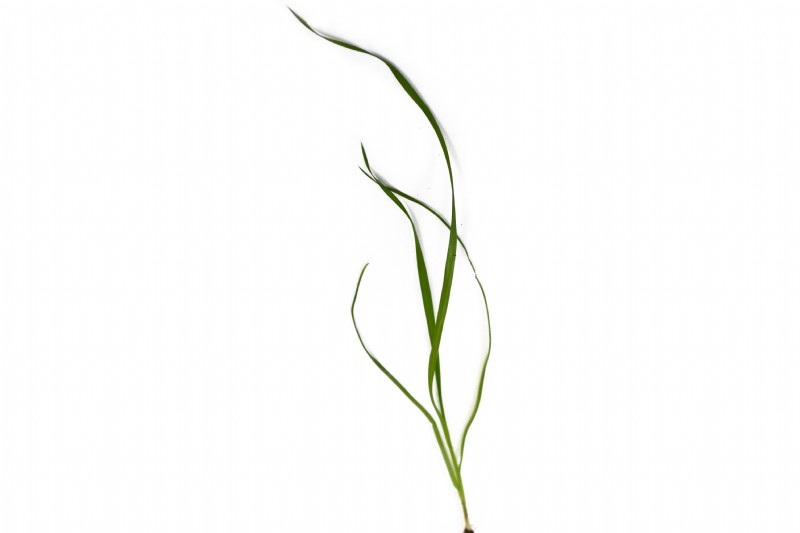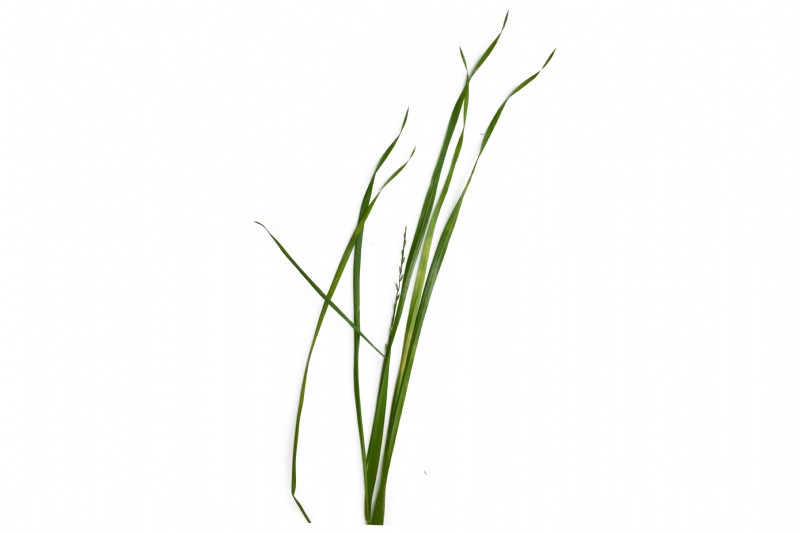Westerwold Ryegrass
Westerwolds is the highest yielding ryegrass with similar forage quality to the well known Italian ryegrass. This is an annual form of ryegrass which is very fast to establish, producing a silage crop just 12 weeks from sowing. It is the only grass to produce a stem and seed head from a spring sowing, making it suitable for the production of hay for horses, from a spring planting.
Uses
Used for silage, hay and occasionally short term grazing. It can also be sown in the autumn as a green over winter cover.
Persistence
It is an annual, surviving for one season only.
Strengths
Westerwolds is capable of extremely fast growth, is generous in response to nitrogen fertiliser and is grown largely for silage production. Westerwolds ryegrass is one of the most effective crops for reducing nitrogen leaching over the winter. It is a very good N Lifter and is very quick to make a large root mass making it suitable as a green manure. It effectively seeks out and mops up nitrate in soil. From an autumn sowing westerwolds ryegrass grows very early in the spring so can provide ‘early bite’ in March. It is therefore a cheap alternative to cereal rye which was formally grown for this purpose.
Frost Tolerance
Most varieties of westerwolds ryegrass are tolerant to frost.
Yield
Can produce 18t DM/ha.
Sowing Rate Advice
14kgs per acre - 35kgs per ha.
usually sown as a pure stand for silage or hay.
Ideal Sowing Time
It may be sown in the autumn in order to establish an overwinter cover, for production the following spring and summer. Or it could be planted in the spring for a full yielding summer cropping.
Management
When sown in the spring it is ready for cutting after only 12 weeks. A further two cuts can follow a spring sowing on soils that have an adequate supply of moisture and a source of nitrogen. It should be cut frequently to encourage leafy growth. Westerwolds ryegrass will need topping or gazing either for weed control or to prevent it flowering and becoming stemmy. There are generally few pest and disease problems with westerwolds.
Distinguishing characteristics
Seed
One of the larger ryegrass seeds, it has a rounded, oblong shape. It is a beige to grey colour, with a smooth papery finish. It is approximately 5mm in length.
Flowering Plant
A robust, upright plant, dark green and glossy in colour.
The leaves are large, with a shiny, smooth underside.
The inflorescence has the characteristic ryegrass appearance, with alternate spikelets hugging the axis.
This is generally a shallow rooted plant.
It can reach heights up to 100cm especially on more fertile soils.
Additional Info
Flowers from late April onwards (6-8 week intervals) depending on the management. Average seeds per kg - 500,000.
Works well with
Westerwolds ryegrass can be used on its own or as a companion with nitrogen fixing vetchBuy Westerwold Ryegrass Straight 
You can find Westerwold Ryegrass in the following mixtures
- Quick Bulk Westerwolds - Intensive One Year Ley
- Quick Bulk Westerwolds - Intensive One Year Ley 50% ORGANIC
- Westerwold and Vetch Mix - Six Month Ley
- Westerwold and Vetch Mix - Six Month Ley - 50% ORGANIC
- Pig Rooting Mix Short Term 1-2 Years
- Pig Rooting Short Term 1-2 Years 50% ORGANIC
- Paddock/Gateway Repair Mix
- Paddock/Gateway Repair Mix 50% ORGANIC
- Winter Cover Crop - Late Sown Winter Cover
- Winter Cover Crop - Late Sown Winter Cover - 50% ORGANIC
- addition: 3kg/acre westerwold cover crop 50% ORGANIC
- Westerwold Hay Mixture






